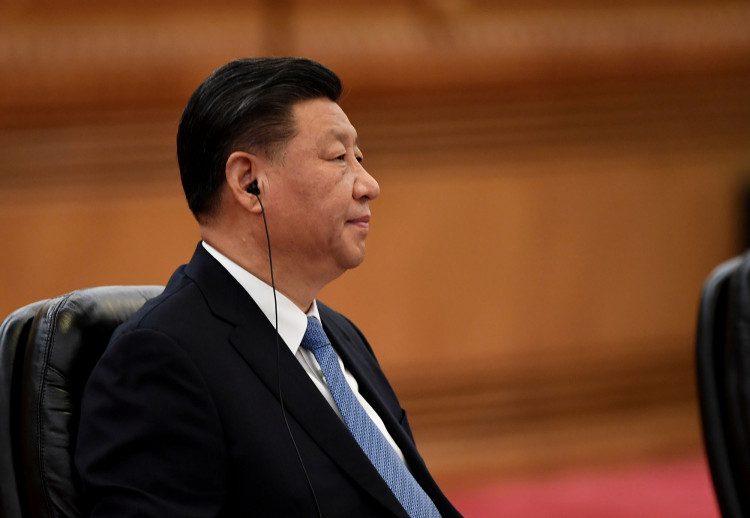In a recent diplomatic tussle, China has lodged a formal complaint with Germany after the German Foreign Minister, Annalena Baerbock, labeled Chinese President Xi Jinping as a "dictator." The Chinese foreign ministry, in its statement on Monday, termed the label "absurd" and described it as an "open political provocation."
The incident has added to the growing list of diplomatic spats between China and Western nations. The Chinese foreign ministry emphasized that such remarks undermine the mutual respect and trust that should exist between countries. They urged Germany to respect China's core interests and major concerns, avoid interfering in China's internal affairs, and take concrete actions to maintain the overall situation of bilateral relations.
The comment by Baerbock came during her visit to Beijing, where she met her Chinese counterpart, Qin Gang. The meeting was aimed at discussing various bilateral and global issues, but the comment has since overshadowed the primary agenda.
Germany's stance on China has been increasingly critical, especially concerning human rights issues in regions like Xinjiang and Hong Kong. Baerbock's comment, though direct, is seen by many as a reflection of the broader European sentiment towards China's domestic and foreign policies.
However, the labeling of Xi Jinping as a "dictator" is a significant departure from the usual diplomatic language, and it has ruffled feathers in Beijing. China views such comments as an infringement on its sovereignty and an attempt by Western nations to malign its global image.
The incident also comes at a time when Europe is trying to strike a balance in its relationship with China. While economic ties between Europe and China have deepened, with China being Germany's most significant trading partner, political and ideological differences have often led to tensions.
The Chinese foreign ministry's response to Baerbock's comment indicates Beijing's growing intolerance towards criticism from foreign leaders. It also underscores the delicate nature of diplomatic relations in today's geopolitically charged environment.
As of now, there has been no official response from the German government or any indication of how this incident might impact bilateral relations in the long run. However, diplomatic observers will be keenly watching the developments to gauge the potential fallout of this episode on China-Germany ties.
In the broader context, the incident is a testament to the challenges that lie ahead in fostering understanding and cooperation between East and West. As global power dynamics continue to shift, the diplomatic tightrope that nations walk is becoming increasingly fraught with potential missteps.





